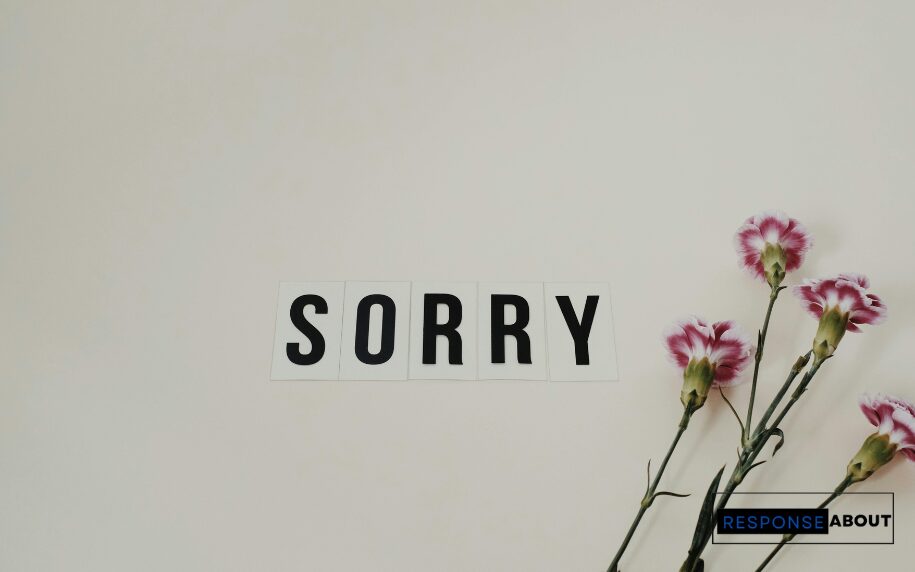Getting hurt by someone you trust, like a teacher, can be a difficult experience. When a teacher acknowledges their mistake and apologizes, it’s important to respond in a respectful and understanding manner. However, finding the right words can be challenging, especially when emotions are involved.
In this comprehensive guide, we’ll explore 20 thoughtful responses you can give when your teacher says sorry. We’ll cover expressions that convey forgiveness, understanding, and appreciation, helping you navigate this delicate situation with grace and empathy.
What Might a Teacher Apologize For?
Before we dive into the responses, let’s first understand some common scenarios where a teacher might feel the need to apologize:
- Losing their temper or raising their voice
- Making a mistake in grading or providing incorrect information
- Forgetting an important date or deadline
- Inadvertently saying something insensitive or hurtful
- Missing a meeting or being late to class
- Losing a student’s work or assignment
The reasons can vary, but the common thread is that the teacher recognizes their mistake and wants to take responsibility for their actions.
20 Best Responses When a Teacher Says Sorry
Now, let’s explore some thoughtful and empathetic responses you can use when a teacher says sorry:
1. “Thank you for the apology. I appreciate your honesty.”
This response acknowledges the teacher’s apology and shows that you value their sincerity. It’s a simple yet powerful way to diffuse any potential tension and move forward in a positive manner.
2. “It’s okay. We all make mistakes sometimes.”
This response is understanding and forgiving. It reminds both parties that we’re all human and that mistakes are a part of life. It can help create an atmosphere of mutual respect and understanding.
3. “I accept your apology. Let’s focus on moving forward positively.”
This response not only accepts the apology but also suggests a constructive way to move past the situation. It shows maturity and a willingness to work together toward a positive resolution.
4. “Thank you for apologizing. Could we discuss this further to prevent similar situations in the future?”
This response graciously accepts the apology while also opening the door for a deeper conversation. It can help identify the root cause of the issue and find ways to avoid repeating the same mistakes.
5. “I appreciate your apology. It means a lot to me.”
This response conveys that the apology holds significant value for you. It can help validate the teacher’s effort to make amends and strengthen the relationship between you both.
6. “No worries. I understand that mistakes happen.”
This casual yet understanding response can help diffuse any tension or awkwardness in the situation. It shows that you’re willing to let bygones be bygones and move forward without holding a grudge.
7. “Thank you for taking responsibility. It shows your integrity.”
This response not only accepts the apology but also acknowledges the teacher’s sense of accountability. It can help reinforce the importance of owning up to one’s mistakes and taking positive steps to address them.
8. “I forgive you. Let’s focus on learning from this experience.”
This response conveys forgiveness while also highlighting the opportunity for growth and learning. It encourages both parties to view the situation as a chance to improve and strengthen their understanding.
9. “Your apology means a lot. How can we work together to ensure this doesn’t happen again?”
This response acknowledges the apology while also inviting a collaborative approach to prevent similar situations from occurring in the future. It fosters a sense of teamwork and shared responsibility.
10. “Thank you for your honesty. I appreciate your effort to make things right.”
This response recognizes the teacher’s sincerity and effort to rectify the situation. It can help build trust and reinforce the importance of open communication and accountability.
11. “I accept your apology, and I’m grateful for your willingness to learn.”
This response not only accepts the apology but also acknowledges the teacher’s willingness to grow and improve. It can foster a positive learning environment where mistakes are seen as opportunities for growth.
12. “Your apology shows your care for your students. Thank you.”
This response highlights the teacher’s commitment to their students and their desire to maintain a positive and supportive learning environment. It can help strengthen the teacher-student relationship.
13. “I appreciate your apology. It takes courage to admit when you’re wrong.”
This response acknowledges the courage and humility it takes to apologize, especially in a position of authority. It can help build respect and foster an environment where mistakes are viewed as learning opportunities.
14. “Thank you for the apology. I’m glad we can move forward with mutual understanding.”
This response accepts the apology while also emphasizing the importance of mutual understanding and cooperation. It can help create a sense of unity and shared purpose in the classroom.
15. “Your apology means a lot to me. I’m grateful for your leadership in taking responsibility.”
This response not only accepts the apology but also recognizes the teacher’s leadership in taking responsibility for their actions. It can help reinforce the importance of accountability and setting a positive example for others.
16. “I appreciate your apology, and I’m grateful for your dedication to our learning.”
This response acknowledges the teacher’s commitment to their student’s education and their willingness to take steps to improve the learning experience. It can help foster a positive and supportive learning environment.
17. “Thank you for the apology. It shows your professionalism and care for your students.”
This response recognizes the teacher’s professionalism and concern for their students’ well-being. It can help build trust and reinforce the importance of maintaining a positive and respectful learning environment.
18. “I accept your apology, and I’m grateful for the opportunity to learn from this experience together.”
This response not only accepts the apology but also highlights the opportunity for both parties to learn and grow from the situation. It fosters a collaborative and growth-oriented mindset.
19. “Your apology is appreciated. I’m glad we can move forward with a clean slate.”
This response accepts the apology while also suggesting a fresh start and the opportunity to move forward without lingering resentment or tension. It can help create a positive and productive learning environment.
20. “Thank you for the apology. It shows your commitment to our learning and personal growth.”
This response recognizes the teacher’s dedication to their students’ education and personal development. It can help reinforce the importance of a growth mindset and the willingness to learn from mistakes.
Wrapping up!
When a teacher offers an apology, it presents an opportunity for both parties to demonstrate maturity, empathy, and a commitment to growth. By responding with grace and understanding, students can not only strengthen their relationship with their teacher but also set an example of emotional intelligence and respect for others. Remember, a thoughtful response can go a long way in fostering a positive and conducive learning environment for all.


